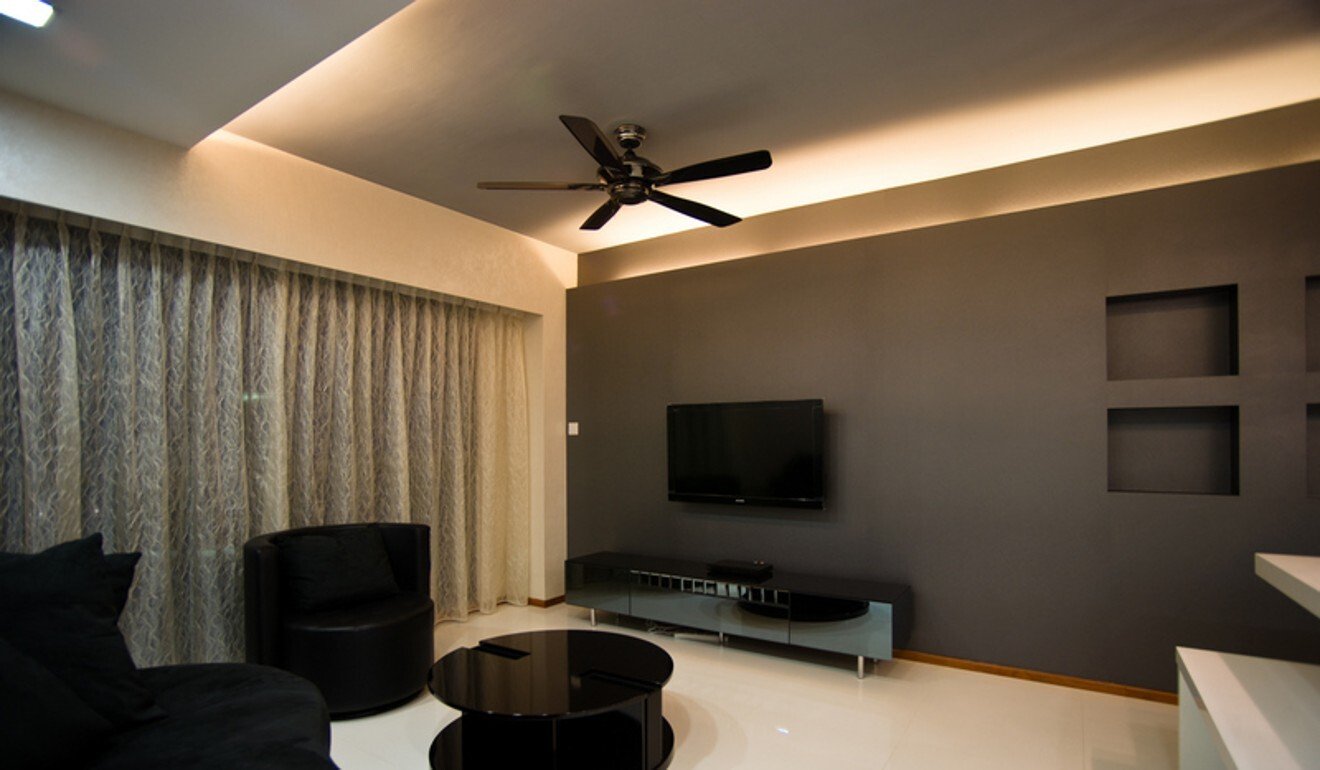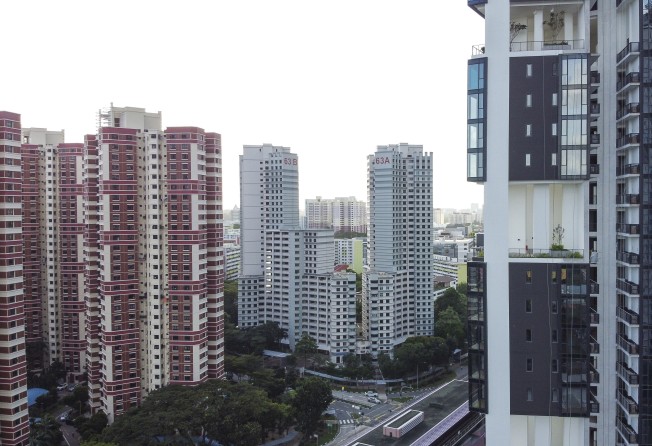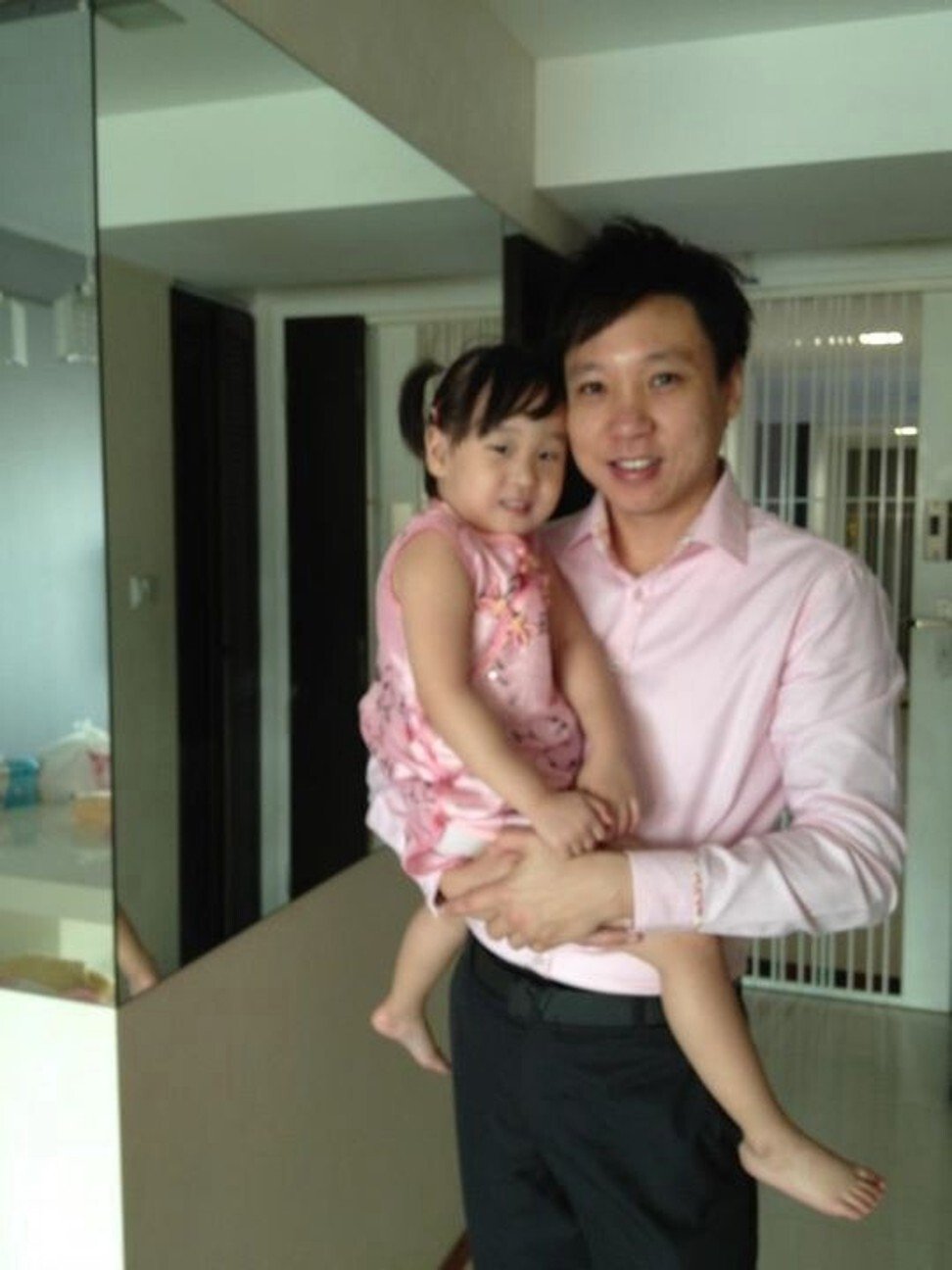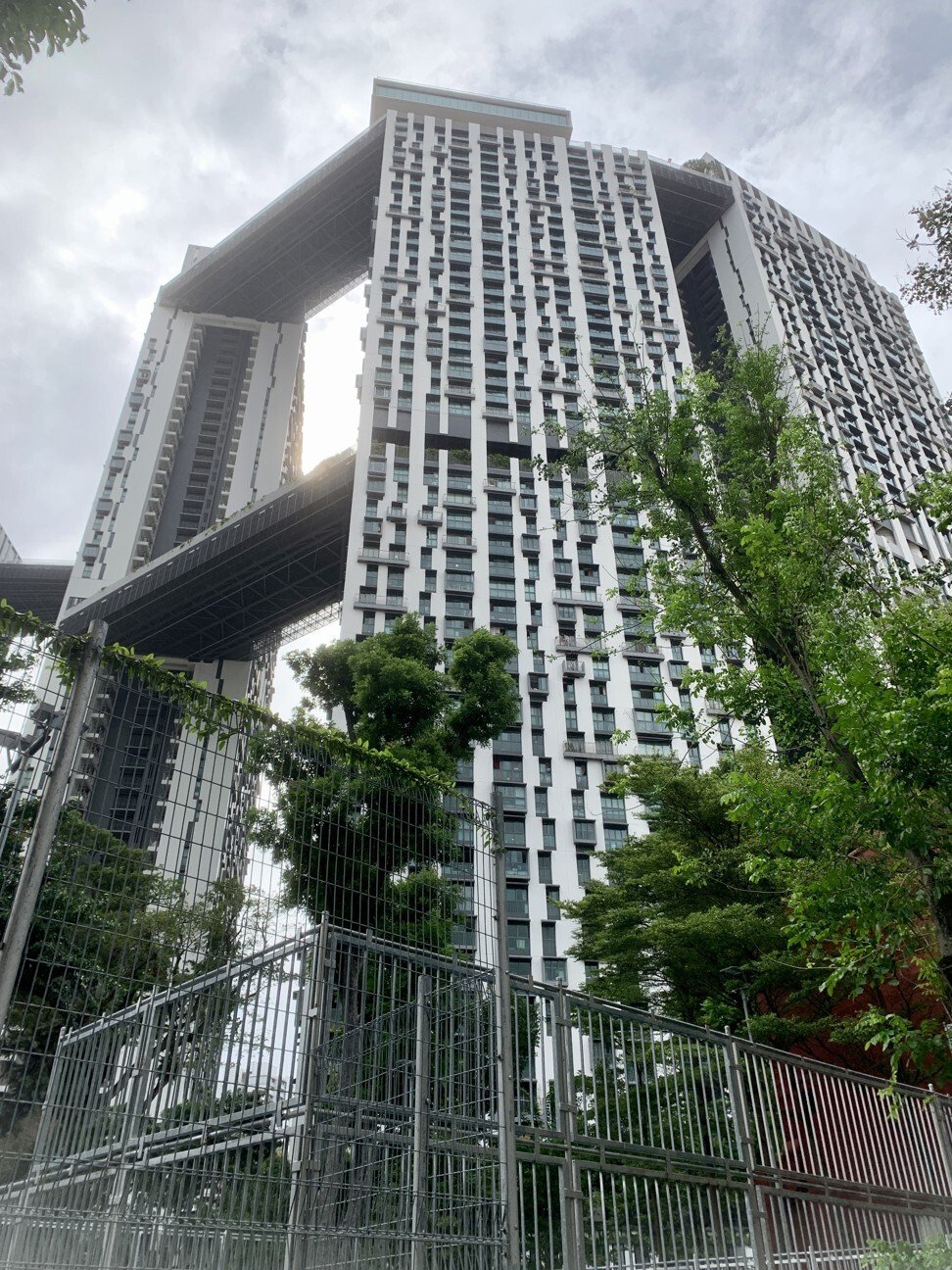
Sky-high prices: the million-dollar question facing Singapore’s public housing
- Despite the coronavirus and a bumper recession, a record number of public housing flats were resold by their owners for more than S$1 million in 2020
- That’s great for those who buy heavily subsidised public units then sell for a personal profit, but bodes ill for a system aspiring to affordable housing for all

In just a decade, Mark Wang made a cool S$700,000 (US$530,000) profit when he sold his public housing flat for S$1.07 million last September, having bought the heavily subsidised unit from the government through a ballot. He intends to partially fund the purchase of two condominiums with the profit.
“Yes, it’s a kind of lottery effect and I feel truly blessed,” said the associate group director, 45, from real estate agency PropNex Realty, who specialises in private homes in the central region. “But I did a lot of research then, and knew it was too good to be missed. I was even teased by friends that it was a silly buy then because no one would buy a new flat at that price.”
Wang’s 43rd floor, 1,000 sq ft balcony unit with sprawling views of the city and sea was one of 82 Housing and Development Board (HDB) apartments that breached the million-dollar mark in 2020. The figure eclipsed the 64 in 2019 and the record of 71 in 2018.

Many of these homes located on the city fringes were bought directly from the government at subsidised prices far lower than market value, and with 99-year leases. They have then been sold in the open market for gains of 60 or 70 per cent or more.
Among the highest prices fetched was a S$1.258 million sale at the Pinnacle@Duxton, a landmark project in the city’s heart and where Wang’s flat was also located. The massive 50-storey, seven-tower development is closely associated with the country’s founding Prime Minister Lee Kuan Yew, as a key rejuvenation element of the Tanjong Pagar constituency where he was representative for six decades.
The new million-dollar record is astonishing in a pandemic-stricken year that has seen the city state’s economy contract by more than 5 per cent and the worst recession in its 55 years of independence.
But it is not all that surprising against a backdrop of a robust property sector, of which the HDB resale market is a stand-out. Prices there have increased six consecutive months till end-2020, resulting in a total price rise of 6.4 per cent through the year, compared with 0.3 per cent in 2019.
Lower interest rates, delayed construction of new flats and rising private home prices may be contributing factors, but the fact remains that the public home resale market is proving extremely strong. The lofty price tags might, however, bode ill for notions of an equitable housing system that aspires to be affordable and accessible to all, especially when more than 80 per cent of the nation’s resident population live in public flats. Has the Lion City’s public housing system, much lauded worldwide, crossed a line in outdoing itself to build better-quality homes in ever more prime locales?

ELIMINATING THE LOTTERY
The authorities are well aware of this fine tension and have not shied away from going public to address how they manoeuvre it. Just last month, newly minted national development minister Desmond Lee, among the youngest in the cabinet at 44, acknowledged the “lottery effect” of prized housing assets doled out by ballot.
Pointing to future HDB flats in the city centre and at the much-anticipated Greater Southern Waterfront, a 30km coastal strip to be developed in the next decade, he said in a Facebook post: “A new housing model is necessary for such areas, to ensure these new public housing [units] – regardless of location – remain affordable for ordinary Singaporeans as they will be a lot more expensive than current [new] flats.”
Lee suggested an injection of diverse flat types, such as rental housing, as well as more subsidies to keep these homes affordable. However, he made a caveat: “There is the issue of fairness when these additional subsidies add to higher capital gains for buyers of such flats in prime locations.”
The new measures have not been officially announced, and Lee said the ministry was welcoming public suggestions.
In many ways, Lee continues the rhetoric of his predecessor Lawrence Wong, now the education minister, who said in 2016 when the Greater Southern Waterfront was first announced that a longer minimum occupation period, a shorter lease, or higher resale levy might be needed to curb the jackpot effect. Now, occupiers have to live in their new flats for at least five years before selling them.
Wong said of the Pinnacle@Duxton experience then to The Straits Times: “I think to do more [public] housing in the city under the same regime would not be plausible and we shouldn’t do it … I have to sell it potentially with different parameters.”
Nearly five years and a different minister later, it is something the government is still grappling with.

“STOP VANITY PROJECTS”
As with all policies, calibration leads to costs. Experts say there is no simple answer to this complex issue with widespread implications for the larger property market and social fabric.
Some propose more hard-hitting solutions. Alan Cheong, executive director for research and consultancy at Savills Singapore, spoke of an “accordion effect” where rocketing HDB resale prices lead to broader asset price inflation, even on the private side of the housing market. He also warned that when these “lottery draw winners”, who are “flushed with largesse”, move to more suburban areas, it might also drive up asset prices there to the detriment of the lower-income groups.
“The best measure is to stop building HDB flats in prime locations or with prime views,” said Cheong. “After all, public flats are meant for people to have an affordable roof over their head. The provision of prime public flats strays from the original objective of building homes to fill the gaps where the private sector fails to function.”
Ku Swee Yong, chief executive of International Property Advisor, shared a similar view. “HDB should rewind its resale policy to ensure its single role is to provide a roof over our heads, and not to be another tote board. It should stop all vanity projects and not build flats in prime locations that will encourage tikam,” he said, referring to a traditional local game in which people pick random tickets to win prizes.
He recommended that owners of such prime public homes be mandated to sell them only to the government, at a price “determined by inflation, lease decay and economic growth”, to eliminate the lottery effect.
It is a solution also pushed by Christine Sun, director and senior vice-president of research and analytics at OrangeTee & Tie. She said: “In this way, there may be some form of control over the resale prices and capital gains.”
Amid such discussions, some homeowners like workplace safety and health manager Amriq Ali, 37, are happy to settle in their dream abodes for now. He is sitting on a million-dollar gold mine at his 42nd-floor Pinnacle@Duxton four-room flat, having seen his immediate neighbour sell his home for S$1.02 million.
Amriq said: “We have decided not to sell as the location is fantastic. We have looked around but we still find this to be the best. We will only get a condo in future if we can retain this unit, as we know it will bring in good rental income with the upcoming Southern Waterfront.”